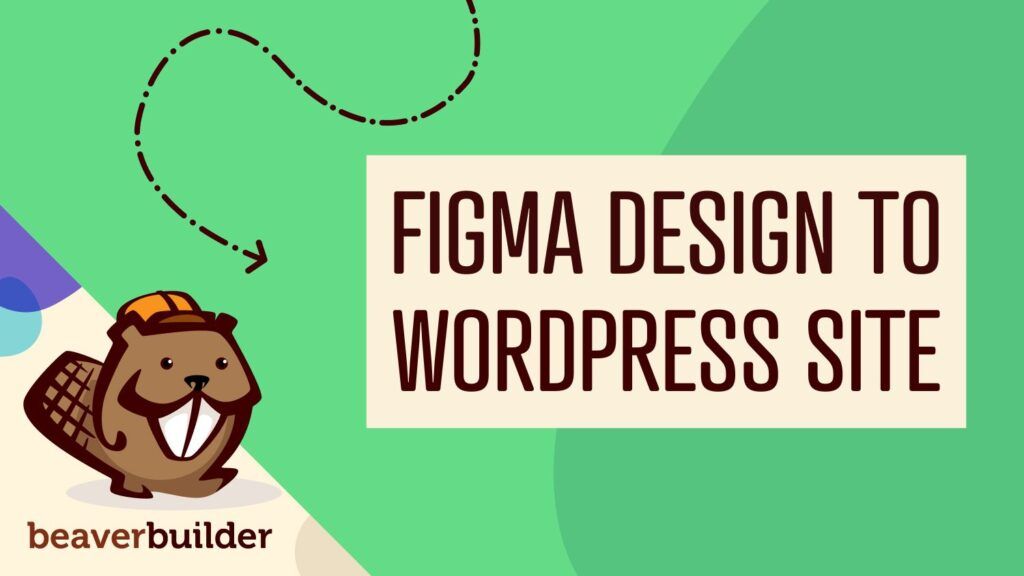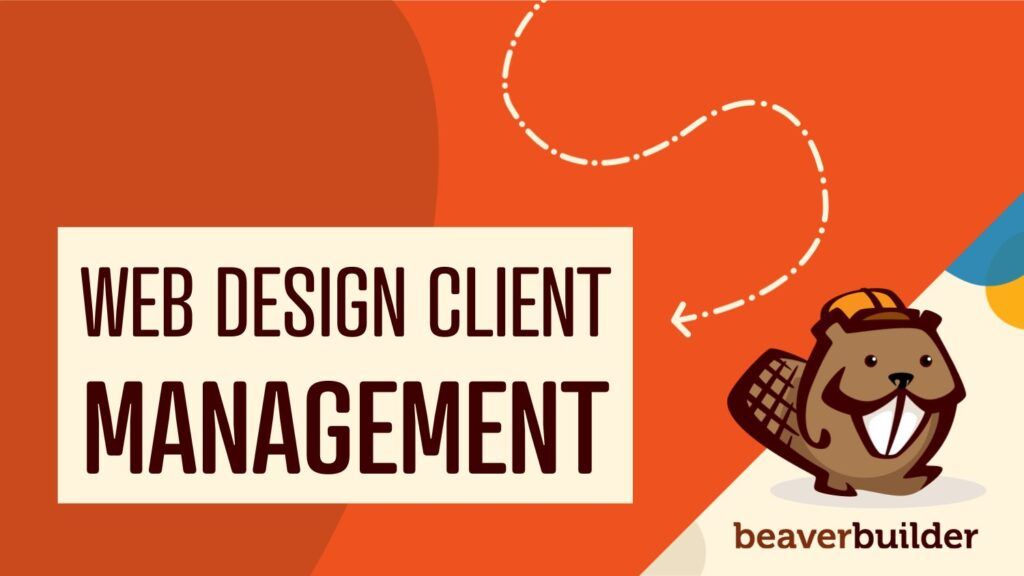
GPL Or Bust
The timing for some of the recent posts regarding open source software, the GPL and how it all relates to WordPress, couldn’t be more perfect. While the much more high profile VersionPress was deciding whether they should adopt the GPL, we were doing the same. Following their story provided a lot of insight and eventually lead to us adopting the GPL for our products as well.
Why didn’t we launch under the GPL?
Although we’ve been developing themes and plugins for our clients since 2009, we hadn’t released anything commercially until recently and never paid close attention to the GPL debate. In addition to that, WordPress isn’t the only content management system we work with. We’ve spent a significant amount of time developing on proprietary systems such as SmugMug, Shopify and Squarespace. As such, we’ve never been fully exposed to the community until recently, so much of what was going on was not on our radar.
Our main concern early on was that adopting the GPL would allow anyone to repackage our products and sell them as their own. Our products are our pride and joy after all.
After much research and debate, I’m happy to say that’s a concern that we’re not worried about anymore and not being concerned with that feels like a breath of fresh air.
Why the change of heart?
It might seem like we’re just trying to fall in line with how things are supposed to be, but I can assure you, we’re not. The buzz surrounding VersionPress’ definitely helped, but in the end, there were a number of factors that lead to our decision to adopt the GPL.
A better understanding of the WordPress community.
It is truly gratifying to finally realize what the term “community” means on this level and see it in action. Before I had a clue, I figured that meant a fragmented environment of individuals doing their own thing on the same platform. Now I know that the platform is only the catalyst. The community exists as a cohesive unit, working together for each other on something bigger than any one of them could do on their own.
Themes and plugins are derivative of WordPress and therefore GPL.
If you don’t agree with that statement, you need to read Mark Jaquith’s post on why themes and plugins are derivative of WordPress. Once I read that, I was sold. It makes perfect sense. Enough said.
A proprietary license isn’t going to stop your software from being redistributed.
Nothing is certain except for death and taxes. While that may be true, one could argue that proprietary software being distributed illegally is certain as well. We’ve all seen it and we’ve all seen the big boys like Microsoft and Adobe try to prevent it without much success.
When I said earlier that not worrying about others repackaging our products as their own felt like a breath of fresh air, I was talking about this. We have better things to spend our time on than policing the internet to make sure a proprietary license isn’t being violated.
Besides, downloading a commercial plugin from an untrusted source can be risky, and I believe that the people we want as customers won’t be doing that anyways. I know I don’t. I prefer to support developers so they can continue to grow a product that is helping my business and clients succeed.
What does all of this mean for our customers?
The only major change that we’ve implemented as a result of adopting the GPL is our stance on support. We’d love to support everyone that is using them, but as of this writing, we only have the bandwidth to offer support and updates to paying customers of FastLine Themes. That includes customers using our products to build their own site or sites for others, not users that have downloaded or purchased our products from a third party or developers that are bundling them as part of another product or service.
Conclusion
I thought I knew a lot about WordPress, but as it turns out, knowing how something works under the hood doesn’t always mean you fully understand the intangibles surrounding it. In the coming months, I look forward to learning more about the WordPress community, its philosophies and the wonderful people that make it what it is.
Have you ever been in the same position as us? Scared of the GPL until you fully realized what was really going on? If so, we’d love to hear your story in the comments below!
9 Comments
Related articles
LifterLMS and Beaver Builder Integration: Effortless Online Course Websites
Introducing the LifterLMS and Beaver Builder integration. Streamline your online course website creation by combining powerful learning management tools with…
Figma to Beaver Builder: Design and Build WordPress Sites
Curious about converting Figma designs into WordPress websites? A smooth design-to-development workflow is essential for saving time and delivering top-notch…
Best Practices for Managing Web Design Clients
Managing web design clients effectively is one of the most crucial skills for a web designer, agency, or freelancer. Whether…
Join the community
We're here for you
There's a thriving community of builders and we'd love for you to join us. Come by and show off a project, network, or ask a question.
Since 2014
Build Your Website in Minutes, Not Months
Join Over 1 Million+ Websites Powered By Beaver Builder.
 Beaver Builder
Beaver Builder 





Is BeaverBuilder Pro 100% GPL? Yes – I’ve seen the lite version. How about the pro version?
Hi Mitra! Yes, it is. Both the theme and plugin (free and paid versions) are released with a GPL license. 🙂
Thanks for the comment!
Hi
I readed this “not users that have downloaded or purchased our products from a third party or developers that are bundling them as part of another product or service.”
So I just want to confirm that it’s not allow to bundled into the other paid theme, right?
Hey John. That’s correct. We don’t support bundling or redistributing any of our premium products, but you’re free to do this with the lite/free version of Beaver Builder!
To me the GPL it or not question is also a matter of worldview. If you believe that life ain’t no zero-sum-game, you realize that you don’t either win or loose, but that it’s possible that everybody wins. And then you are becoming open for new business modells that can thrive and change the world, just like WordPress did. I think you made a good descision and wish you all the best with your future undertakings!
Thanks Thomas! Much appreciated. I couldn’t agree more.
Hi there, this statement is a bit confusing ” Hey John. That’s correct. We don’t support bundling or redistributing any of our premium products, but you’re free to do this with the lite/free version of Beaver Builder!”
If the Pro version is GPL I can bundle and distribute the code of the Pro Beaver Builder with any other plugins or theme, as long as it is not under your branding and the code itself is GPL.
I don’t think this is something up you you? Am I missing something?
Nikolay
Hi Nikolay. Thanks for the message.
“If the Pro version is GPL I can bundle and distribute the code of the Pro Beaver Builder with any other plugins or theme, as long as it is not under your branding and the code itself is GPL.”
That is correct. You’re free to distribute the code so long as all references to the Beaver Builder brand/trademark are removed. However, this does violate our terms of service for access to our support and automatic update system. We don’t support or allow using your Beaver Builder license to access support or updates when forking or redistributing the code.
Hope that helps clear things up. 🙂
This is an old post, but curious on the finer points of GPL and Beaver Builder.
Two scenarios:
1 ) A Wordpress Developer finds a copy of Beaver Builder Pro and the Beaver Builder theme, then builds multiple client sites. Is the Developer required to go through all front end and back end references to Beaver Builder in both the page builder and the theme?
2) A Wordpress Developer buys Beaver Builder Pro and the Beaver Builder theme, and builds multiple client sites. What if the Developer then puts the page builder and theme online to share as GPL, can the Developer still get support for their original purchased BB Pro and theme?